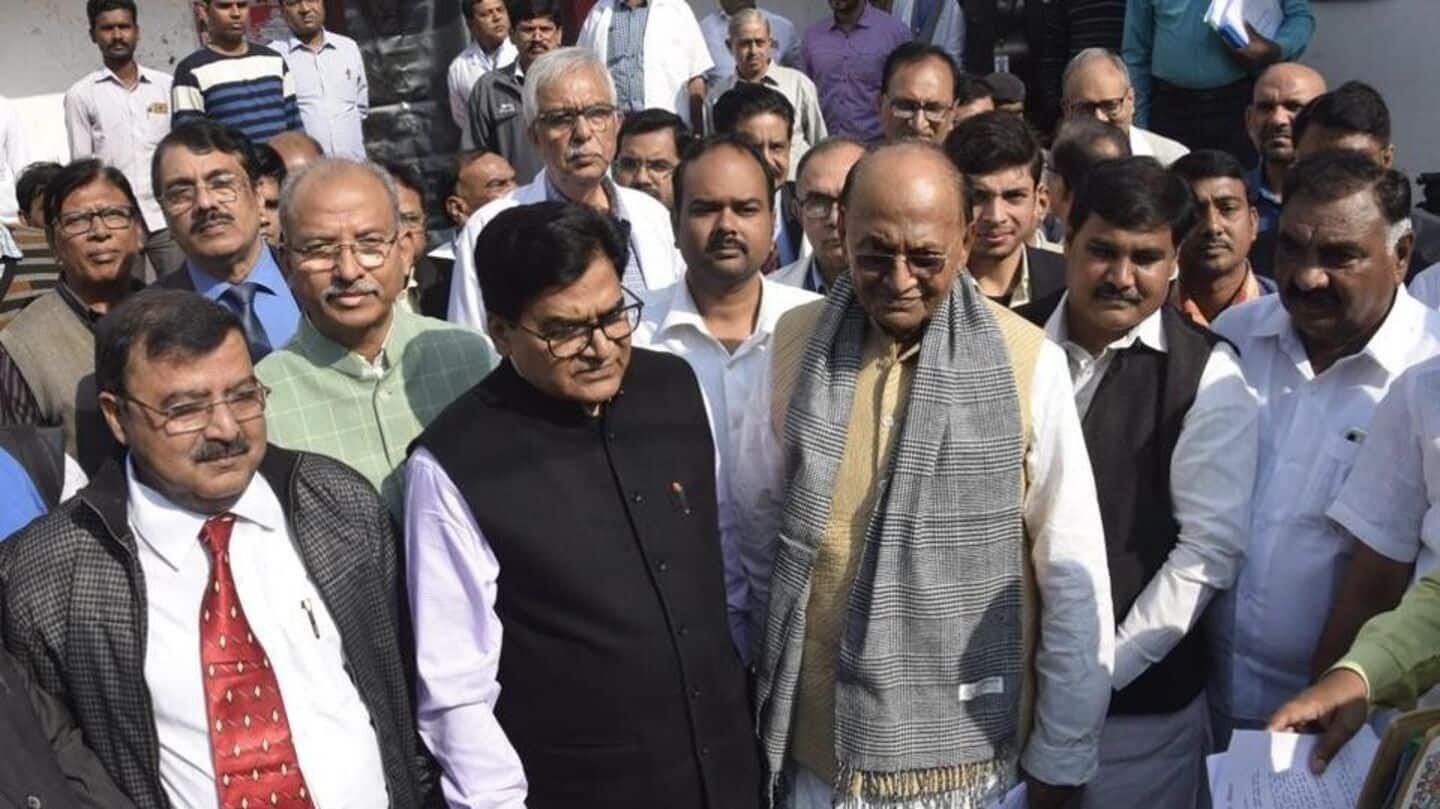**Centre Considers Extending Parliamentary Standing Committees’ Tenures by 2 Years**
*By Snehil Singh | Sep 27, 2025, 10:38 AM*
The Indian government is deliberating a proposal to extend the tenure of parliamentary standing committees from the current one year to two years. If approved, this change aims to enhance continuity within the committees and enable a more comprehensive examination of bills, reports, and policy issues.
### Current Scenario and Proposed Change
Currently, the terms of these parliamentary committees are set to end on September 26 each year, after which they are reconstituted. Several Members of Parliament (MPs) have advocated for longer tenures, arguing that a two-year term would facilitate more detailed and in-depth studies of their assigned subjects.
### Political Implications: Shashi Tharoor’s Position
The proposed extension carries notable political significance, especially for Congress MP Shashi Tharoor, who chairs the External Affairs Committee. An extension would allow him to continue in this role for an additional two years, despite ongoing tensions within his party.
### Decision-Making Process
The final decision on extending committee tenures is still pending and will be made after consultations with the Rajya Sabha chairman and the Lok Sabha speaker. While the proposal suggests that the leadership of committees is unlikely to change, the tenures of newly appointed members may be lengthened to maintain continuity.
### Role of Parliamentary Standing Committees
Parliamentary standing committees are permanent bodies composed of MPs from both the Lok Sabha and the Rajya Sabha. They serve a critical function in:
– Examining proposed legislation
– Reviewing government policies
– Scrutinizing budget allocations
– Holding ministries accountable through inquiries and evidence collection
When Parliament is not in session, these committees often act as “mini-parliaments,” enabling MPs to conduct detailed oversight of policies and legislative matters without having to wait for full parliamentary sittings.
### Looking Ahead
If implemented, extending the tenure of standing committees could have significant administrative and political ramifications for how Parliament functions in the coming years. It is viewed as a step toward improving parliamentary efficiency and deepening legislative scrutiny.
*Stay tuned for updates as this proposal develops.*
https://www.newsbytesapp.com/news/politics/centre-may-extend-parliamentary-panels-terms-by-2-years/story
